By Richard Luthmann
Today is not a good day for Hamas, Hezbollah, Tehran, or rock-throwers anywhere as President-Elect Donald Trump’s historic U.S. election victory and popular mandate inspires confidence in Israel’s strategic goals.
Donald Trump has returned to the White House, a win that Israel’s Prime Minister Benjamin Netanyahu calls “history’s greatest comeback.” Congratulating Trump and Melania, Netanyahu wrote that this is a “huge victory” for both America and Israel, signaling the start of a renewed commitment to facing down common enemies and solidifying the partnership between the two nations.
For Israel, Trump’s re-election is a powerful affirmation of America’s role as its closest ally and one that will likely bring unyielding support to Israel’s security initiatives.
Trump’s return has brought renewed hope to Israeli leaders and citizens alike, who view him as an unwavering friend committed to protecting Israel’s right to defend itself.
A United Front Against Iran and Its Proxies
For Netanyahu, Trump’s re-election couldn’t come at a more critical time. Since October 6, 2023, when Hamas launched a deadly surprise attack on Israel, Netanyahu’s government has been engaged in an all-out effort to dismantle Iran-backed forces across the region. Trump’s victory gives Netanyahu the green light to escalate operations against Hamas in Gaza and Hezbollah in Lebanon and potentially to strike at Iranian military targets if provoked.
Netanyahu’s coalition, bolstered by Trump’s win, views Iran as the primary destabilizer in the Middle East, funding and arming proxy groups intent on Israel’s destruction. Trump’s return could usher in an intensified campaign against these groups, with the U.S. providing political, financial, and military backing.
According to reports, Trump’s stance aligns perfectly with Netanyahu’s strategy to dismantle Iran’s influence in the region, with one Israeli official stating, “Iran’s days of unchecked aggression are over.”
Strengthened U.S.-Israel Bond Under Trump
During his first term, Trump was one of the most pro-Israel presidents in U.S. history, fulfilling key promises that strengthened the U.S.-Israel relationship. Moving the U.S. Embassy to Jerusalem and recognizing Israel’s sovereignty over the Golan Heights, Trump set a high bar for American support that resonated deeply within Israel. His re-election promises a continuation, and likely an expansion, of those policies.
For Netanyahu, Trump’s return represents a renewed commitment to “the great alliance” between Israel and America, an alliance Netanyahu has called “essential for peace through strength.”
In his congratulatory message, Netanyahu praised Trump for bringing a “new beginning” to the White House, one that Israel hopes will eliminate threats posed by Tehran and its allies.
With Trump in power, many in Israel believe that the U.S. will stand firm against international pressures to restrain Israel’s military initiatives. A Likud Party official noted, “Trump understands that security isn’t achieved through appeasement but through decisive action,” a stance that aligns with Netanyahu’s own vision.
Hamas and Hezbollah Brace for a New Reality
For Hamas and Hezbollah, Trump’s re-election is a devastating blow. Both groups, backed by Iranian funding and arms, have long operated with the hope that American pressure on Israel would curb Israeli military action. Trump’s presidency disrupts this calculus.
New Math: One Chart Explains What to Expect In Gaza
I’ve been told the following explains the entire Gaza situation.
In his first term, Trump took a hardline approach against groups he labeled as terrorist organizations and aligned his administration’s policies with those of Israel’s security establishment. With Trump back, experts say Hamas and Hezbollah will face an emboldened Israeli military, likely supported by increased American aid.
Netanyahu’s government is wasting no time. The Israeli Defense Forces (IDF) have already increased operations against Hamas targets in Gaza, and sources close to Netanyahu’s office indicate that plans are underway for broader strikes on Hezbollah positions in Lebanon. The hope in Israel is that Trump’s victory will translate into U.S. backing for any military actions deemed necessary for Israeli security.
“Hamas knows that today marks the end of their safe havens,” an IDF source stated bluntly.
A Tougher Stance on Iran
Trump’s re-election has also unsettled Iran, which finds itself facing an American administration that views it as the greatest threat to stability in the Middle East. During his first term, Trump implemented a “maximum pressure” strategy, imposing sanctions that crippled Iran’s economy and rolling back the concessions made in the Obama-era nuclear deal.
With Trump back, many in Israel anticipate a return to those hardline policies, potentially with additional measures to counter Iranian military assets directly.
Netanyahu has made it clear that he views Iran’s nuclear ambitions as a direct threat to Israel’s existence. In recent weeks, he dismissed Israel’s defense minister for questioning his hardline approach, signaling a commitment to take whatever steps are necessary to counter Iran.
According to sources close to Netanyahu, Trump’s win gives Israel the freedom to act without fear of U.S. restraint. “This is an opportunity to dismantle Iran’s influence across the region,” said the Israeli defense source, who emphasized that Israel is prepared to escalate military actions if Iran continues to support hostile proxies like Hamas and Hezbollah.
Implications Beyond the Middle East
While Trump’s policies directly benefit Israel, they may also ripple across other conflict zones. In Ukraine, Trump has indicated he will push for a resolution that may solidify some of Russia’s territorial gains. Some analysts believe this could strengthen Netanyahu’s hand, as such a resolution might help temper Iran’s support for Russian efforts in Ukraine.
Trump could leverage Israeli cooperation as a bargaining chip with Russia, using it to gain strategic advantages without committing U.S. forces.
In Asia, Trump’s re-election also raises questions about America’s alliances, particularly with countries like Japan and South Korea. Trump’s America-first approach may lead him to demand more financial contributions from these allies, reducing U.S. military commitments.
However, for Israel, Trump’s foreign policy has always been about ensuring that America’s closest ally in the Middle East is equipped and empowered. Trump’s “peace through strength” doctrine resonates with Netanyahu’s security-driven approach, prioritizing Israel even as other alliances may face renegotiation.
Conclusion: A Historic Partnership
Netanyahu’s statement to Trump is more than a congratulatory note; it’s a declaration of a strategic alliance poised to reshape the Middle East. With a shared commitment to confronting Iran and eradicating threats from Hamas and Hezbollah, Trump and Netanyahu are positioned to act decisively.
Israel sees Trump’s re-election as a mandate to intensify its security efforts, confident in U.S. support and unburdened by diplomatic restraints.
The message from Netanyahu’s Israel is clear: “With Trump by our side, we can face down our enemies.”
For Israel, this alliance promises security and the strategic depth needed to achieve lasting peace on its terms. For Israel and America’s enemies, the future looks bleak.





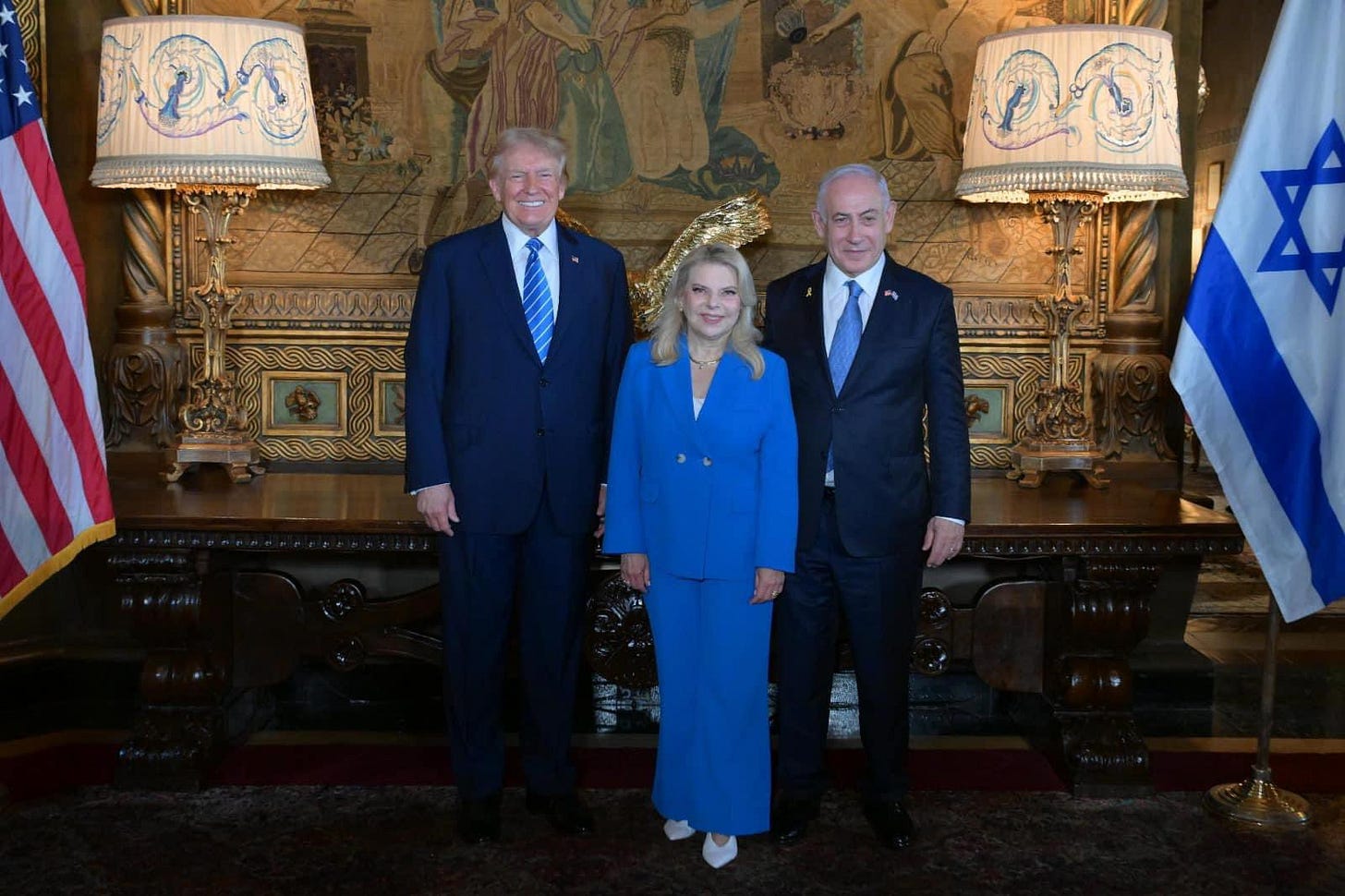


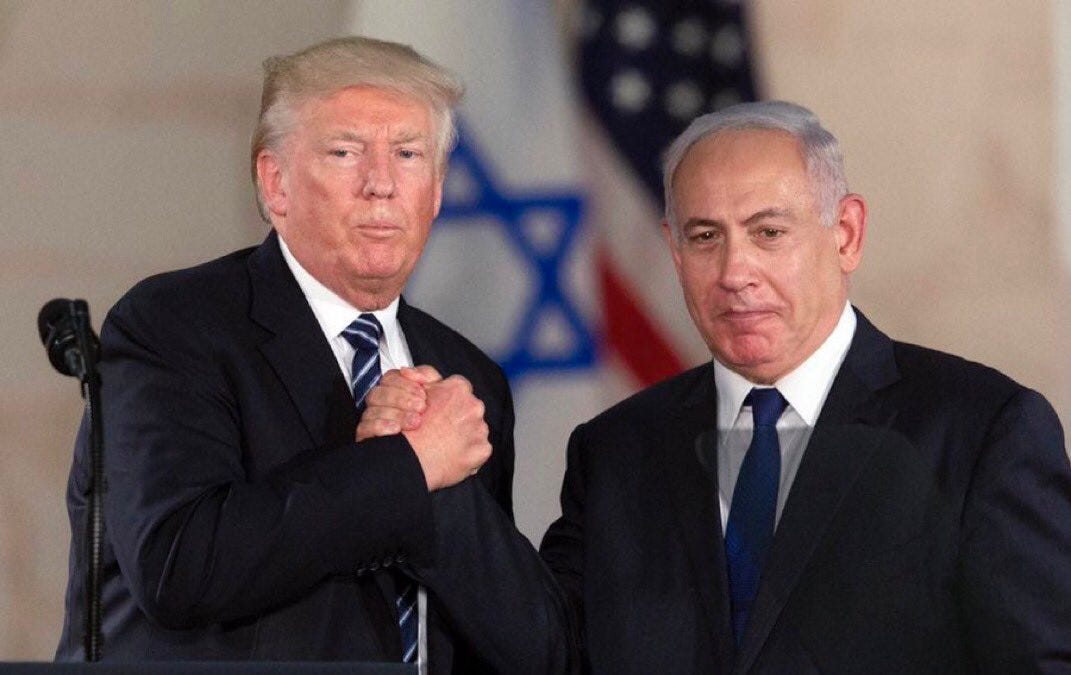


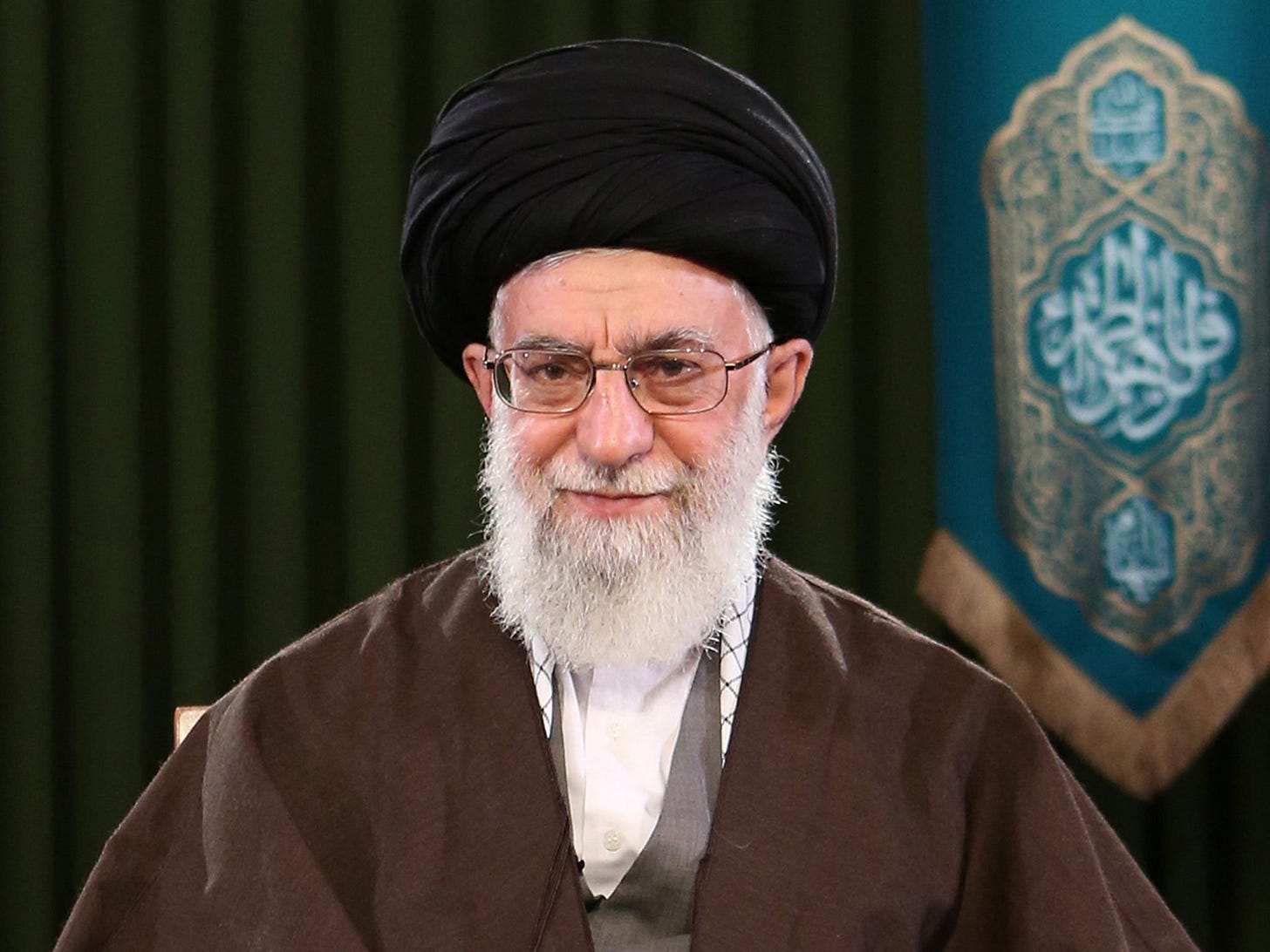


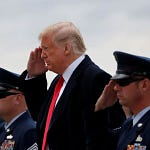



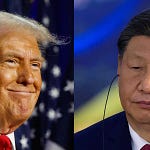
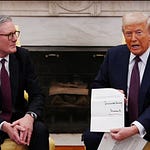


Share this post